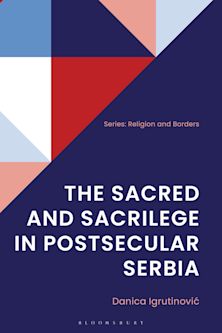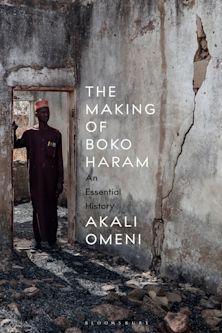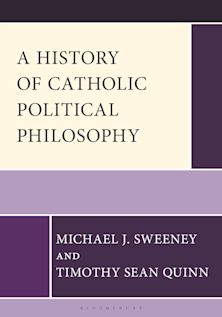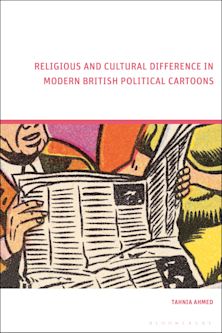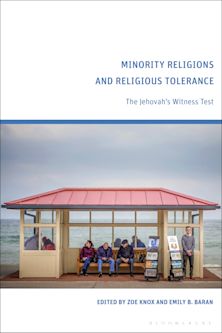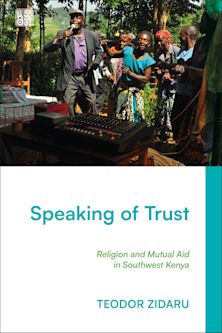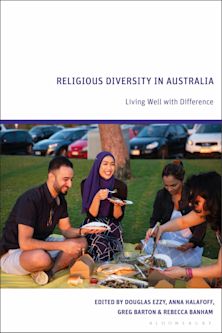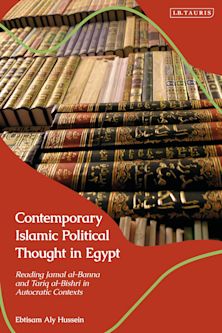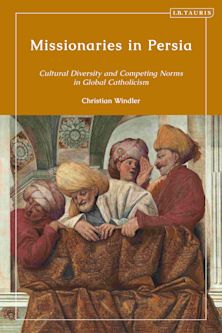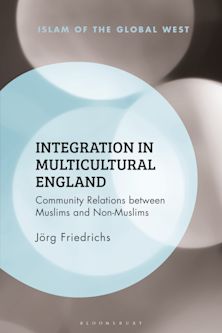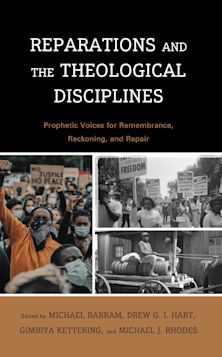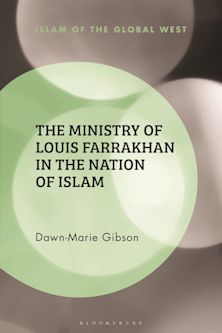The Political Theology of Paul Tillich
The Political Theology of Paul Tillich
Description
The Political Theology of Paul Tillich explores the political theology of one of the foremost thinkers of the 20th century, Paul Tillich, whose life and scholarship were decisively shaped by his experiences during World War I, his resistance to the rising scourge of Nazism in Germany, and his subsequent immigration to the United States. Tillich’s discerning analysis of fascism, grounded in his socialist commitments, and his continuing efforts to write theology in correlation with culture, make his voice a crucial one for contemporary political theology. The contributors to this volume represent different generations, social and cultural locations, and nationalities Together, they explore Tillich’s early work on religious socialism and its lingering presence in his later systematic theology, bring him into dialogue with liberation theologies, apply his thought to contemporary political concerns, and show the significance of his method of correlation for theological scholarship that engages culture, thereby presenting a case for the continued relevance of Tillich for political theology.
Table of Contents
Part One: Paul Tillich’s Political Theology
Introduction: Paul Tillich, Political Theologian, Rachel Sophia Baard
Chapter One: Religious Socialism as Political Theology: Paul Tillich, Marxian Dialectic, and the Struggle Between the World Wars, Gary Dorrien
Chapter Two: Tillich’s American Wars, Ronald H. Stone
Chapter Three: “The Political” in Paul Tillich’s Theology, Mark Lewis Taylor
Chapter Four: Theology of Culture as Public Theology: Paul Tillich and the Social Ethics of Religious Experience, Scott Paeth
Part Two: Tillich in Dialogue with Liberation Theologians
Chapter Five: The Politics of God: Paul Tillich’s Contribution to Black Theology?, Andre L. Price
Chapter Six: Tillich and Liberation Theology: Public Media and Political Resistance, Rubén Rosarío Rodríguez
Chapter Seven: Even the Demons Believe and Shudder: A Conversation Between Paul J. Tillich and Delores S. Williams on the Political Nature of Evil, Michele E. Watkins
Part Three: Tillich and Contemporary Issues
Chapter Eight: Ultimate Ecological Concern: Transporting Tillich to the Arctic, Sigríður Guðmarsdóttir
Chapter Nine: Narratives of Justification and Inclusion in Paul Tillich’s Preaching: A German Perspective, Ilona Nord
Chapter Ten: Religion is not Violent: Tillich, Anxiety, and the Politics of Religious Violence, Verna Ehret
Chapter Eleven: Boundaries and Borders: Tillich and Issues of Migration, Mary Ann Stenger
Chapter Twelve: Fascism, Global Politics, and Religious Symbols: Engaging Tillich’s Ideas of the Demonic, the Kingdom of God, and the Spiritual Presence, Ben Siu-pun Ho
Chapter Thirteen: America Last: Harvesting Paul Tillich’s Rejection of Nationalism and National Sovereignty for the 21st Century, Matthew Lon Weaver
About the Contributors
Product details
| Published | Jan 16 2024 |
|---|---|
| Format | Ebook (Epub & Mobi) |
| Edition | 1st |
| Extent | 318 |
| ISBN | 9781793608901 |
| Imprint | Lexington Books |
| Series | Faith and Politics: Political Theology in a New Key |
| Publisher | Bloomsbury Publishing |
Reviews

ONLINE RESOURCES
Bloomsbury Collections
This book is available on Bloomsbury Collections where your library has access.













